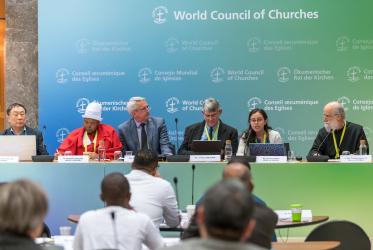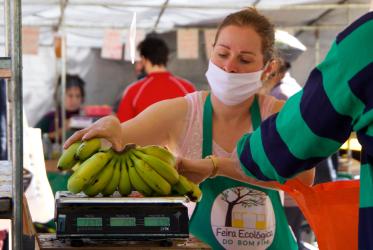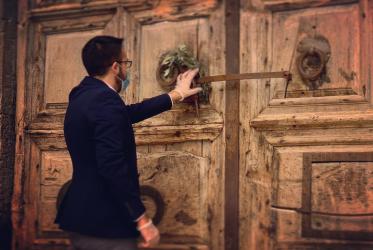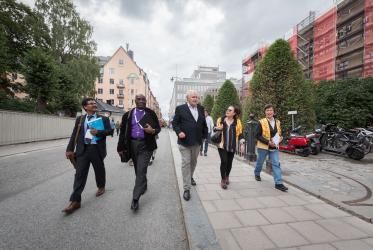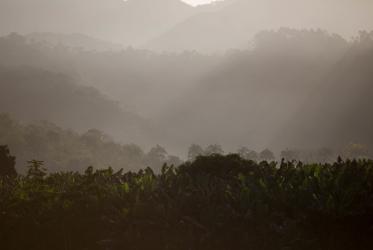Originally published in 2016, the seventh reflection of the WCC's Ecumenical Water Network Lenten campaign 2023 "Seven Weeks for Water" is from The Rt Rev. Dr Munib Younan, from the Evangelical Lutheran Church in Jordan and the Holy Land.
Salaam and grace to you from Jerusalem, the Holy City. As an Arab Christian, I am thankful for the opportunity to write a reflection for this year’s “Seven Weeks for Water”. Of course, this part of the world always has been dealing with water issues because of its dry climate and few water resources. Today, however, the Palestinian people face an even greater water challenge. It is a crisis that grows worse year after year.
04 April 2023
